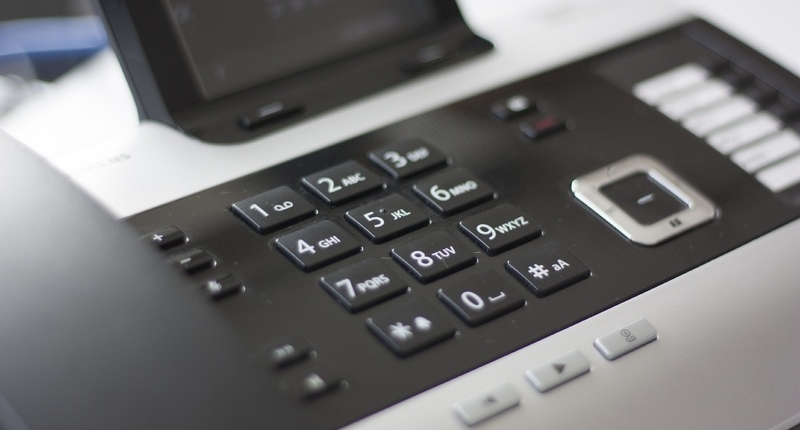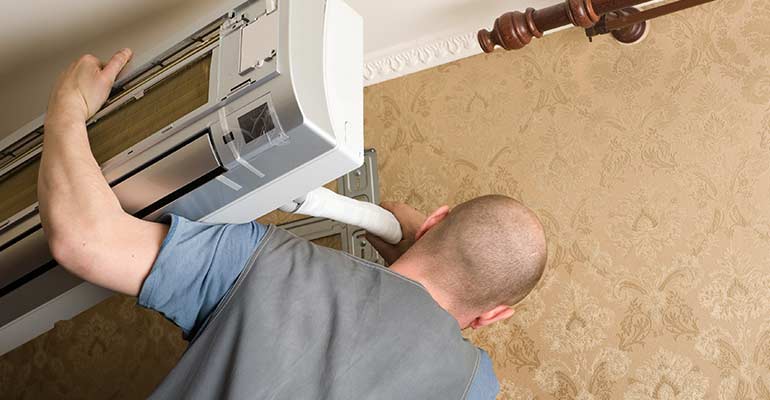What You Need to Know About Air Disinfection Systems
Air disinfection systems are designed to treat the air in your home and enhance it. The system uses ultraviolet (UV) light to neutralize mold, bacteria, and viruses while they are still in the air. The light targets a broad spectrum of organisms, including influenza, staph, strep, and E. coli.
How Does an Air Disinfection System Work?
The air disinfection system works by drawing air from the surrounding space into a chamber with a UV-C lamp. This lamp is placed on the downstream side of the chamber, where it can better interact with the organisms before they are expelled back into the room. However, if it’s an upper air UVC disinfection system, it’s mounted on the ceiling to help disinfect the air.
The UV-C light breaks down their DNA and RNA, rendering them incapable of multiplying. Once they are unable to reproduce, they will eventually die off completely. After the organisms have been neutralized, the purified air is returned into the room through an outlet port.
The benefits of installing an air disinfection system are endless. The air is cleaned, preventing the spread of bacteria that can cause diseases. The humidity level is controlled in the room, preventing mold and mildew growth that can damage your health. Your home will smell better, which will help make it more pleasant for you, your family, and any guests.
Your heating and cooling systems are constantly circulating the air in your home. When air filters aren’t properly maintained, they can become a breeding ground for bacteria and viruses. This can lead to illnesses such as the common cold or flu.
Airborne bacteria are also responsible for foul odors caused by pets and cooking grease in your home. An air disinfection system will rid the air of these smells making a more comfortable environment in which to live.
Other Air Disinfection System Benefits
- Better Indoor Air Quality
An air disinfection system will help improve the overall quality of your indoor air. When these systems are installed by a trained professional, you can expect them to be more effective at removing harmful pathogens from the air in your home than any other type of system.
- Fewer Sick Days
With better indoor air quality comes fewer sick days. By reducing the number of harmful bacteria and viruses in your home, you will have less exposure to germs that could make you or your family members sick. Additionally, reducing the risks of getting sick, these systems may shorten the length and severity of any sicknesses that do occur.
- Reduced Risk of Allergies and Asthma Attacks
In addition to helping prevent common illnesses like colds and flu, an air disinfection system can also help reduce the risk of developing allergies or asthma attacks caused by airborne irritants.
Factors to Consider When Shopping for Air Disinfection System
1. Right technology
The technology used for air disinfection is quite important. The particular system you choose will depend on the type of pathogens you are trying to eliminate. However, the most common technologies used include heat treatment and UV rays sterilization.
2. Know your needs
It is not enough to know that pathogens are in the air, but you need to know how serious the situation is. This will help you determine the size and type of system to buy.
3. Consider efficiency and effectiveness
If you want a device that will effectively help you kill all microbes in your home or office, consider one that various health organizations have approved as safe and effective for use in homes or offices. You can also check out consumer reviews to see what other customers say about the product’s effectiveness and efficiency.
4. Noise Rating
Noise rating refers to the noise generated by the system when it is in operation. A lower noise rating means that the system will create less noise when operating. This could be important if the system is installed in a commonly occupied space, such as an office or bedroom. The minimum noise level for most systems is 10dB which is equivalent to a whisper. The highest noise level for most systems is 60dB, equal to a normal conversation.
A lower noise rating does not mean that the system will be less effective at purifying the air. It just means it will be quieter when doing so.
5. Quality of Materials Used During Manufacturing
It is also important to check for high-quality materials used in manufacturing processes before purchasing an air disinfection system. You should check for units that use stainless steel or titanium because these types are more durable than other materials such as plastic or aluminum.
Key Takeaway
There are a few different air disinfection systems on the market today. Some are designed for room-by-room use, while others work best in larger spaces such as an office or warehouse. The most popular ones include ionizing air purifiers, electrostatic precipitators, and carbon filters. Make sure you find one that best suits your needs.










